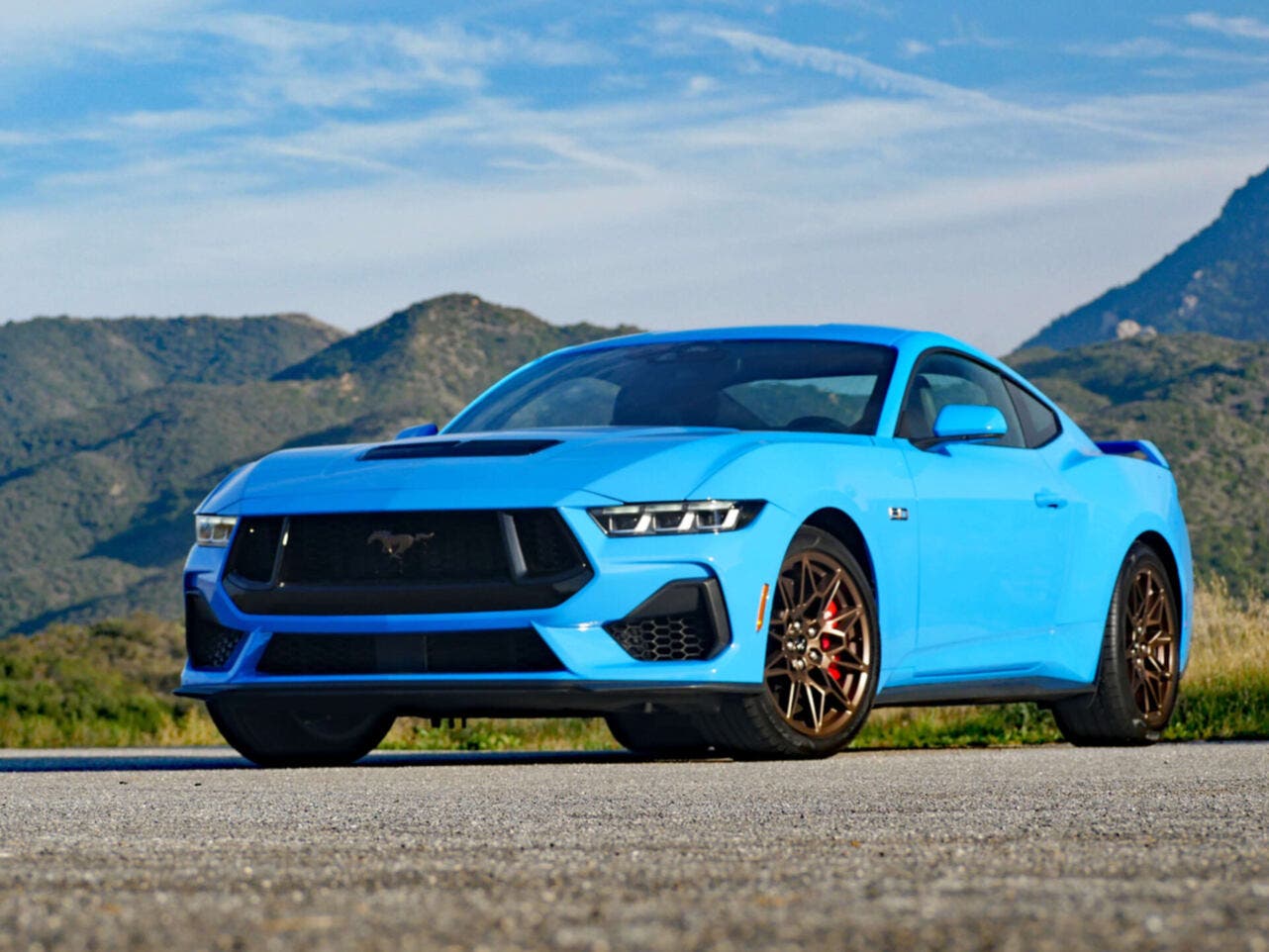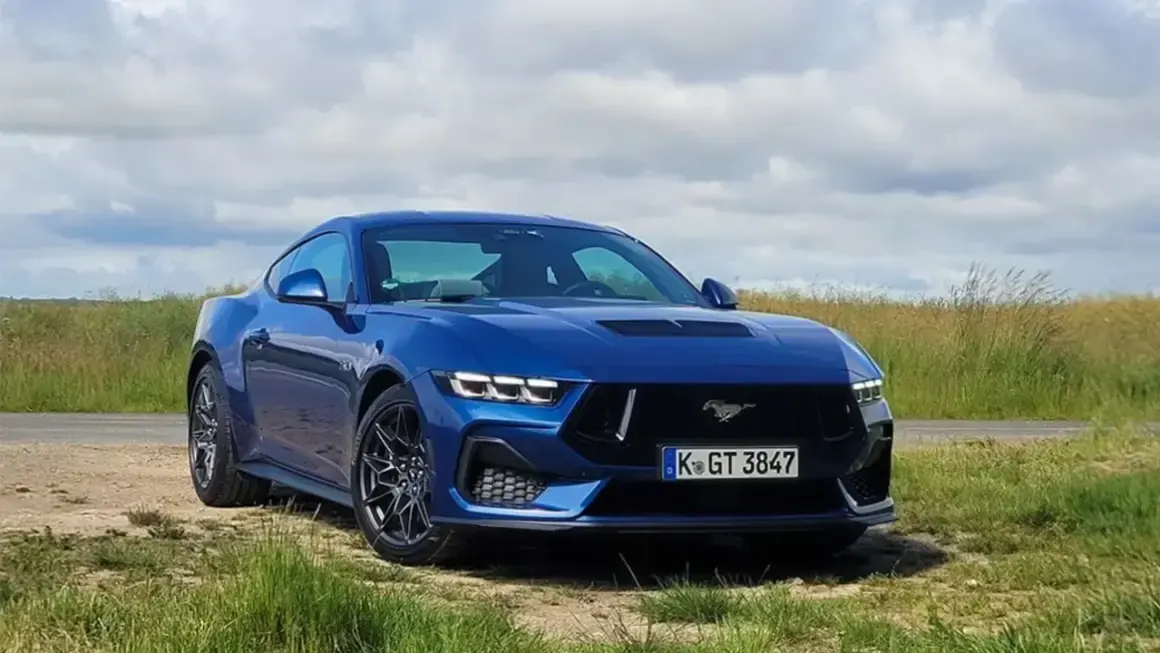Ford’s electric vehicle strategy continues to fluctuate, reflecting the uncertainty of global demand and, more importantly, the unpredictable US market where EV sales haven’t yet achieved consistent growth. After recently announcing the development of a next-generation EV platform for a midsize pickup expected in 2027, the Blue Oval now seems to be hitting the brakes on its more aggressive projects.
According to Automotive News, Ford seriously considered turning the next-generation Mustang into a fully electric model. However, the plan has been shelved: the legendary pony car will keep roaring with gasoline engines well into the next decade. It’s unclear whether hybrid variants will eventually join the lineup, but what’s nearly certain is that the iconic V8 will remain a core element until emissions regulations make it impossible to continue.

A facelift for the current S650 Mustang is expected in the US by late 2026, with potential ripple effects in Australia’s Supercars Championship, where Triple Eight will take over as the homologation team. After three lackluster seasons, ongoing debates about aerodynamic parity with the Chevrolet Camaro, and the looming arrival of the Toyota Supra, the Mustang could be the perfect candidate for re-homologation after its refresh.
Looking further ahead, the eighth-generation Mustang is anticipated around 2029, sticking exclusively to combustion powertrains and keeping the traditional muscle car spirit alive. But that decision will come with major challenges.

While US regulations may remain more lenient after the rollback of emissions penalties, markets like Australia are moving toward far stricter standards. By 2029, NVES rules will require new cars to emit no more than 58 g/km of CO2, with hefty fines awaiting automakers that exceed the cap. Current Australian-delivered Mustangs are far off the mark: the 2.3-liter EcoBoost turbo emits 215 g/km, the manual GT 5.0 V8 hits 310 g/km, and automatic GT models register 293 g/km. These figures not only surpass the 2029 benchmark but also fail to meet the 2025 target of 141 g/km.
The impact is already visible in pricing: last month, Ford raised Mustang prices across the lineup by $5,000, attributing part of the increase to NVES regulations. This week, a smaller $1,000 bump was announced for about 2,000 units arriving at dealerships between January and March. The Mustang, a symbol of American tradition, faces a complicated future.
